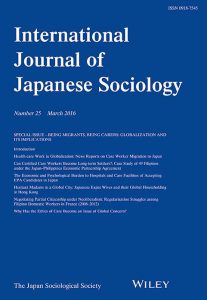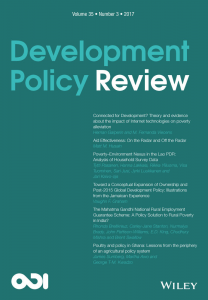“Digital Sociology: The Reinvention of Social Research”. Noortje Marres on how digital technology contributes to sociology.
Noortje Marres is the author of 2017 book, Digital Sociology: The Reinvention of Social Research, a critical new overview and assessment of the key concepts, methods and understandings that currently inform the development of specifically digital forms of social enquiry. In conversation with Francesca Halstead, Noortje discusses the key arguments in her book, how she came to write it, and how digital technology contributes to sociology research and practice. What is Digital Sociology? Digital Sociology came into usage as a...



















